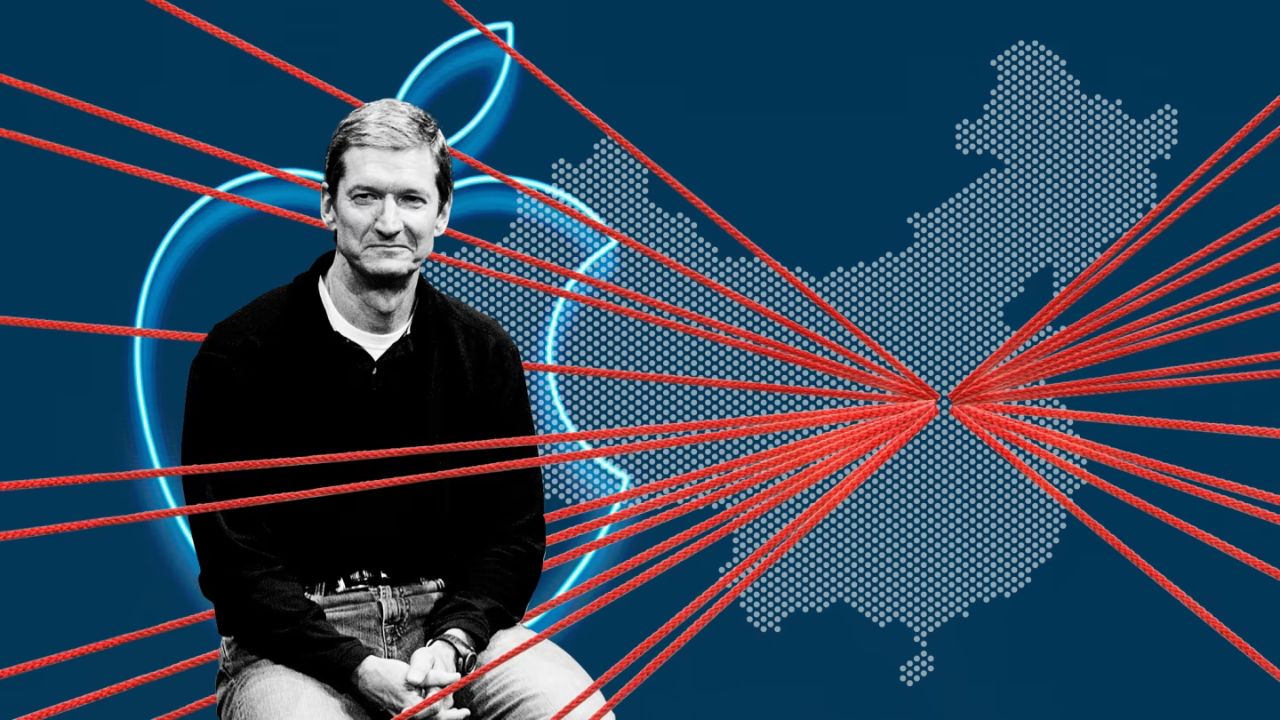
Introduction:
The debate over where Apple manufactures its iPhones often circles back to China, not just for cost but for a myriad of strategic reasons. Here, we unpack why, according to Tim Cook and industry observations, China remains pivotal for Apple’s production.
1. The Misconception of Low Labor Costs
- Common Belief: Many believe Apple’s choice of China is purely economic, driven by low labor costs.
- Tim Cook’s Correction: Cook has clarified that while labor costs are a factor, they’re not the primary reason. The real value lies in China’s ecosystem.
2. The Real Reasons for Manufacturing in China
- Skilled Labor: China’s vocational expertise in assembling high-tech products efficiently is unparalleled. This skill concentration allows for rapid scaling of production.
- Efficiency and Scale: Proximity to component suppliers, established infrastructure, and the ability to scale production quickly are critical.
- Innovation and Expertise: The environment in China fosters rapid innovation, with a workforce adept at handling complex manufacturing processes.
3. Elon Musk’s Perspective
- Indirect Support: Although Musk hasn’t directly commented on Apple’s strategy, his views on manufacturing environments highlight regulatory and business climate advantages in China.
- Regulatory and Business Environment: Musk’s critiques on U.S. regulations indirectly support why Apple might find China’s business environment more conducive for manufacturing.
4. Apple’s Diversification Efforts
- Move to India: Apple’s recent decision to manufacture the iPhone 16 series in India indicates a diversification strategy, aiming to mitigate risks associated with over-reliance on China.
- Reasons for Diversification: Geopolitical tensions, supply chain disruptions, and tapping into India’s growing market are driving factors.
5. Challenges of Moving Manufacturing
- Skill and Infrastructure: Replicating China’s manufacturing ecosystem elsewhere is challenging due to differences in workforce skills and infrastructure.
- Market Dynamics: China’s role as not just a manufacturing hub but also a significant market for Apple products adds complexity to any shift.
6. The Future of Apple’s Manufacturing Strategy
- Balancing Act: Apple must balance cost, efficiency, and geopolitical considerations, potentially leading to a more distributed manufacturing base.
- Innovation in Manufacturing: Apple’s strategy might influence global manufacturing trends, pushing for more localized production in key markets.
7. Conclusion
- Summary of Key Points: China’s role in Apple’s manufacturing isn’t just about cost but about a well-oiled machine of skilled labor, supply chain efficiency, and market







